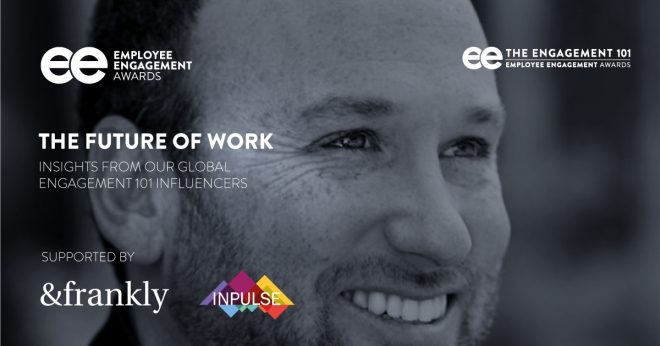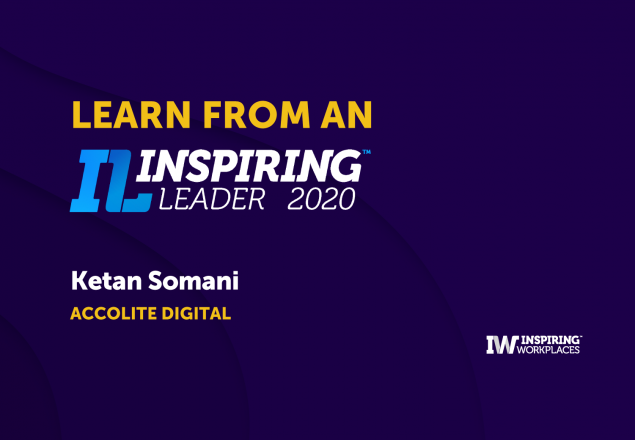When I entered corporate America 20 years ago, I remember being told that appreciation was my paycheck, not to question authority and to keep my head down and be patient about success. Fast-forward to 2024, and employees expect more from their employers. Rather than a paycheck of gratitude, employees want their work to be purposeful and expect their employers to care about them fully as human beings.
That’s why the research report from Future Forward Institute is so important. They found a strong correlation between employee-centered workplace practices and financial growth. In my interview with Dr. Angela Jackson, founder of the Future Forward Institute and Harvard lecturer, she shared, “In the news, we hear this false tug of war between employees and employers. It’s the counter-narrative that is true—employees and employers partnering together is a win-win. To be employee-centered is the competitive advantage in business now.”
There are three primary reasons that employee-centered workplaces have stronger business outcomes:
- Younger generations have more power.
- Employees have more options.
- There is a strong correlation to business outcomes.
Younger Generations Have More Power
Unlike my generation, which entered the workforce 20 years ago, younger people have more power. The economy is strong, there is a labor shortage and employers don’t have enough people to replace older generations as they retire at a faster rate. As Jackson expands, “Employee-centered workplaces realize that the younger generations are replacing older generations much more quickly than past generations, and realize they need to pivot more quickly to younger generations’ changing needs,” Jackson said.
Rather than a power grab between employers and employees, employee-centered workplaces look at power distributed equitably across employees. Rather than a chain-of-command hierarchical structure, employee-centered workplaces empower their employees through inclusive leadership.
Employees Have More Options
Younger generations value purpose over paychecks. That means they’re willing to forego traditional benefits for a more employee-centered work experience. They want to have a voice, they expect to be respected and they value flexibility and the trust that they’re doing their best work (and on their own terms rather than their employers’).
“People will opt for flexibility and purpose over higher pay. We are going to see the best employees exercise their transitioning to different organizations that align with their lifestyle, values and priorities. If employers refuse to change, they will lose out on top talent. If you want employees to have an ownership mindset, you cannot micromanage them,” Jackson said. Fewer than one in four U.S. employees feel strongly that their organization cares about their wellbeing—the lowest percentage in nearly a decade—creating a loss for both employees and employers.








